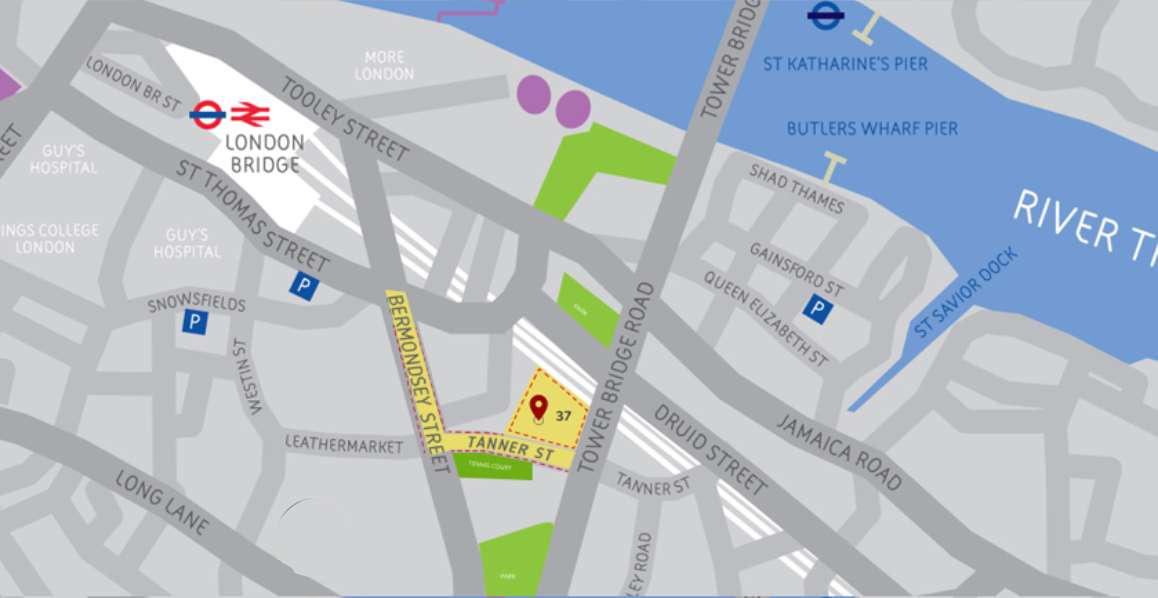Every organisation needs a good leader. Effective leaders galvanise and motivate their staff towards achieving goals, driving the growth of the organisation. Such leadership requires a gamut of skills and qualities. Setting certain goals and objectives – both short-term and long-term – can help hone and re-hone these skills to remain effective as a leader in changing situations. Meeting those leadership goals can help you become a better leader who creates a happy and productive work environment that inspires workers to achieve the company’s vision. Here are six leadership goals to work towards:
Provide a Healthy Work-Life Balance
One of the enduring lessons taught by the COVID-19 pandemic has been to begin valuing our health and mental well-being above all else. Research suggests that organisations that enable employees to enjoy a healthy work-life balance will see better outcomes than those that implement formal, non-flexible policies. Let workers have access to flexible arrangements, allowing them to choose their work hours and location.
Help your Employees Upskill & Reskill
While reskilling refers to learning new skills and abilities, upskilling focuses on expanding and refining an employee’s existing skill set. According to PwC’s annual global 2020 survey, 74% of CEOs expressed concern regarding the availability of key skills in employees. With businesses in flux, leaders must encourage employees to upskill and reskill for a brighter future. Make sure to provide the right resources and make the processes of upskilling and reskilling interesting and accessible. Incentivising learning could also make employees feel motivated and valued.
Ensure a Diverse Workforce
A diverse workforce comprises individuals of different ages, races, ethnicities, genders, religions, and abilities. A heterogeneous group brings innovation, creativity, and smarter decision-making to the table, contributing to a healthier work culture and increased productivity. With the hybrid work arrangement having become a norm in post-pandemic times, it is feasible to hire talent from across the globe. Leaders could rent an amenity-rich co-working office to save costs while meeting the specific infrastructural and tech requirements of a hybrid workforce.
Promote Employee Well-being
As a leader, promoting your employees’ physical and mental wellbeing will reap organisational benefits. Ensure that your employees don’t suffer a burnout; encourage them to stay hydrated, eat healthy, exercise, and get adequate sleep. Additionally, you could offer or make mental health programmes and counselling accessible to employees. You could also improve the wellbeing of your workforce by choosing greener, healthier offices. Look for a workspace that is visually appealing, well-ventilated with plenty of sunlight, has recreational spots, and an interior layout that facilitates flexible working. Ideally, it should also have a biophilic design – a garden – and afford views of nature.
Build & Invest in Company Culture
A strong, supportive, and collaborative company culture boosts employee engagement and retention, promotes understanding and reduces friction, making all employees feel welcome and inspired to work towards the company’s vision and mission. Conduct regular real-talk events for building a sense of community and belonging. Furthermore, in a co-working set-up, employees are impelled to think about their own company’s culture vis-à-vis that of their office neighbours. This could shape a more distinct identity and company culture.
Develop Emotional Intelligence
Emotional intelligence (EI) is a soft skill that every leader needs to develop. Your EI determines your ability to manage and express your emotions and perceive those of others. EI comprises a set of components that includes self-awareness, motivation, self-regulation, empathy, and social skills. Emotionally intelligent leaders communicate better, empathise with workers, are good at decision-making, and ensure that everyone has a voice. Emotional intelligence, in other words, can help you build an environment that workers won’t want to leave.
It is important to remember that leaders must always lead by example and act in a way that is congruent with the values they would like to inspire in their employees. With dogged determination and effort, you should be able to achieve all of the aforementioned leadership goals!





